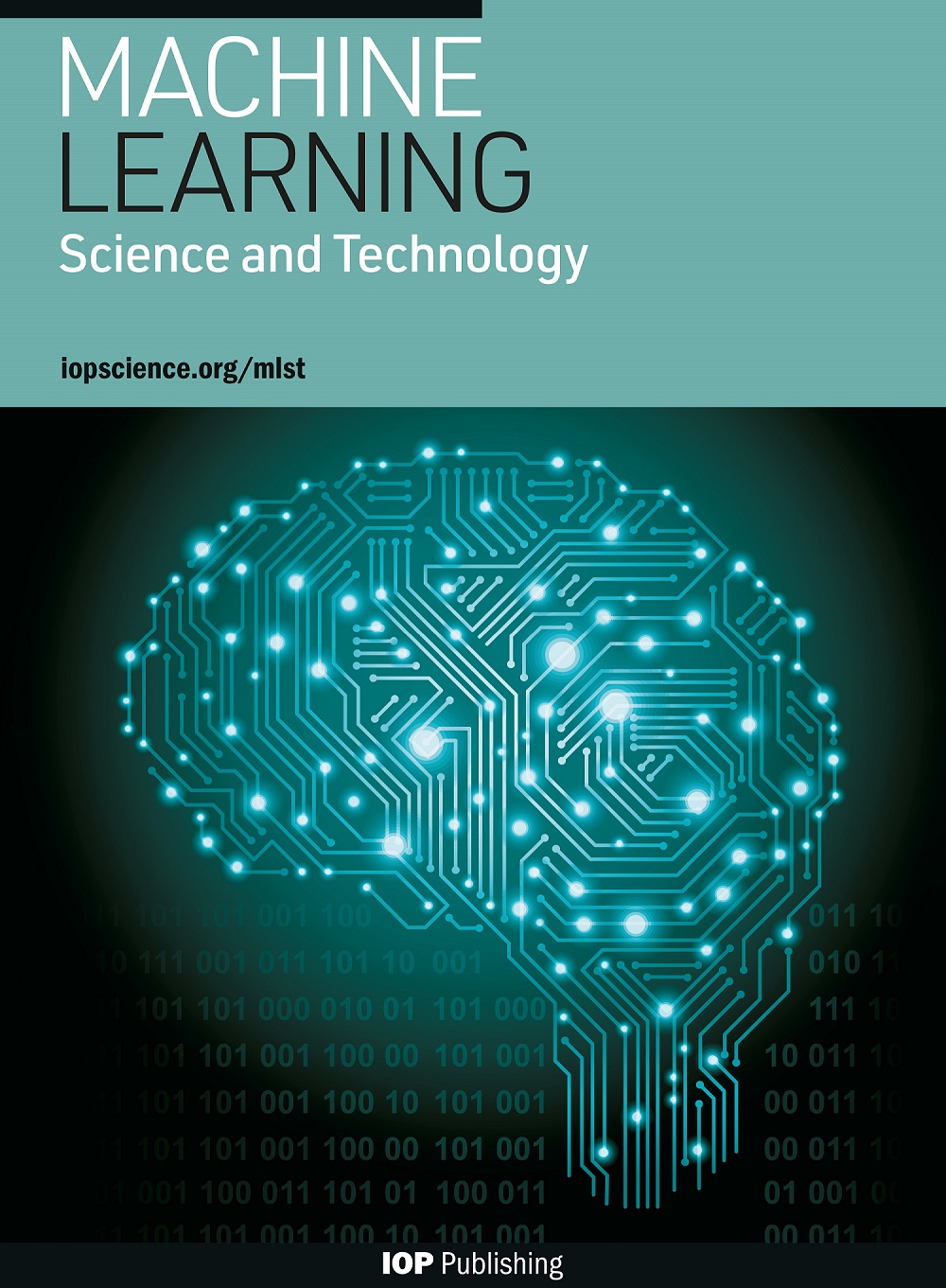用于模拟复杂形状计算流体动力学的混合量子物理信息神经网络
IF 4.6
2区 物理与天体物理
Q1 COMPUTER SCIENCE, ARTIFICIAL INTELLIGENCE
引用次数: 0
摘要
通过求解纳维-斯托克斯方程来找到流体的速度和压力分布是化学、能源和制药行业以及机械工程和管道系统设计中的一项主要任务。利用现有的求解器(如 OpenFOAM 和 Ansys)模拟复杂几何形状中的流体动力学计算成本很高,而且每当几何参数或初始条件和边界条件发生变化时,都需要重新模拟。物理信息神经网络(PINN)是模拟复杂几何体中流体流动的一种很有前途的工具,因为它能适应几何体和网格定义的变化,从而实现流体参数的泛化和不同形状的迁移学习。我们提出的混合量子 PINN(HQPINN)可以模拟三维 Y 型混合器中的层流流体流动。我们的方法结合了量子模型的表现力和 PINN 的灵活性,与纯经典神经网络相比,准确率提高了 21%。我们的研究结果凸显了机器学习方法,特别是 HQPINN,在计算流体动力学复杂形状优化任务中的潜力。通过提高复杂几何形状中流体模拟的准确性,我们使用混合量子模型的研究有助于开发更高效、更可靠的流体动力学求解器。本文章由计算机程序翻译,如有差异,请以英文原文为准。
Hybrid quantum physics-informed neural networks for simulating computational fluid dynamics in complex shapes
Finding the distribution of the velocities and pressures of a fluid by solving the Navier–Stokes equations is a principal task in the chemical, energy, and pharmaceutical industries, as well as in mechanical engineering and in design of pipeline systems. With existing solvers, such as OpenFOAM and Ansys, simulations of fluid dynamics in intricate geometries are computationally expensive and require re-simulation whenever the geometric parameters or the initial and boundary conditions are altered. Physics-informed neural networks (PINNs) are a promising tool for simulating fluid flows in complex geometries, as they can adapt to changes in the geometry and mesh definitions, allowing for generalization across fluid parameters and transfer learning across different shapes. We present a hybrid quantum PINN (HQPINN) that simulates laminar fluid flow in 3D Y-shaped mixers. Our approach combines the expressive power of a quantum model with the flexibility of a PINN, resulting in a 21% higher accuracy compared to a purely classical neural network. Our findings highlight the potential of machine learning approaches, and in particular HQPINN, for complex shape optimization tasks in computational fluid dynamics. By improving the accuracy of fluid simulations in complex geometries, our research using hybrid quantum models contributes to the development of more efficient and reliable fluid dynamics solvers.
求助全文
通过发布文献求助,成功后即可免费获取论文全文。
去求助
来源期刊

Machine Learning Science and Technology
Computer Science-Artificial Intelligence
CiteScore
9.10
自引率
4.40%
发文量
86
审稿时长
5 weeks
期刊介绍:
Machine Learning Science and Technology is a multidisciplinary open access journal that bridges the application of machine learning across the sciences with advances in machine learning methods and theory as motivated by physical insights. Specifically, articles must fall into one of the following categories: advance the state of machine learning-driven applications in the sciences or make conceptual, methodological or theoretical advances in machine learning with applications to, inspiration from, or motivated by scientific problems.
 求助内容:
求助内容: 应助结果提醒方式:
应助结果提醒方式:


